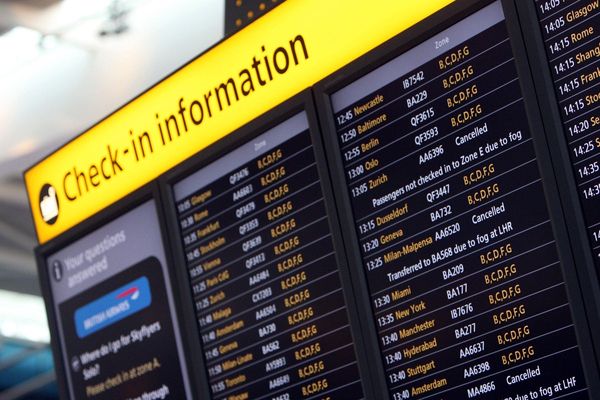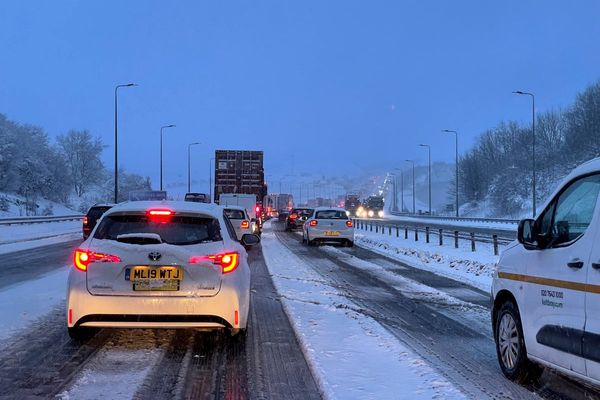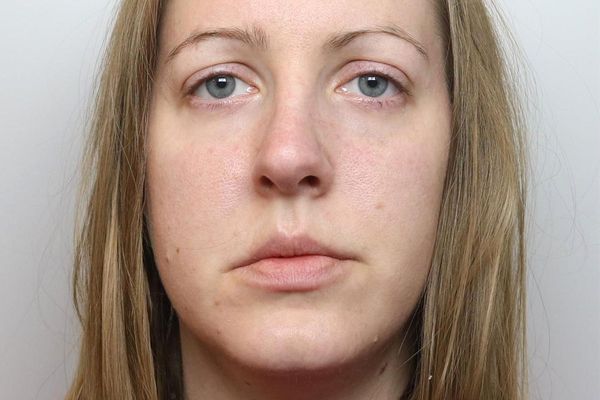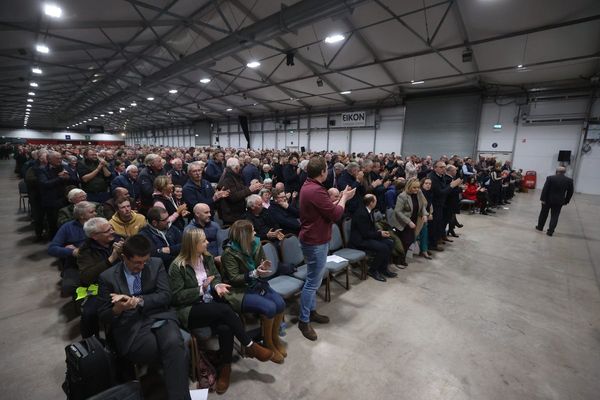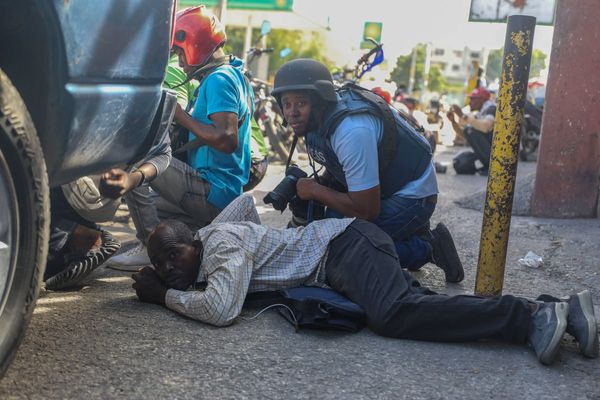
(Dominic Lipinski/PA)
(Picture: PA Wire)One in five Muslims living in the UK are struggling to afford their household bills and have been dependent on a food bank since August 2021, according to research conducted by Muslim Census.
The organisation surveyed 1, 568 Muslims and noted that 65% of respondents had to take out a loan of some form in order to manage their everyday costs and bills, whilst almost a third missed a meal in the last year to afford them.
The new research, which was published this month by the independent organisation for working for the interests of Muslims in the UK noted that some Muslims living in the UK are finding it difficult to keep a roof over their heads. 45% said they had either missed or were late to pay their rent or mortgage at some point in the last year.
“What we’ve seen is that inflation is rising, wages are not maintaining their real value, and there’s a backdrop of huge gas prices increases, and electricity increases,” Usmaan Mufti, Head of Research at Muslim Census, told the Evening Standard.
He added: “The Institute of Fiscal Studies noted that the annual rate of inflation for the poorest percent of households is a quite a bit higher. It’s three percent higher than it is for the richest 10% of households.”
“The majority of the British Muslim population sits at the intersection of working class, urban and low-income communities.
“They have less liquidated assets, they have less of an ability to absorb those rising costs, and data suggests half of the Muslim population is in poverty compared to 18% or one out of five of the general population of the UK.”
That likely means that the Muslim population is disproportionately represented in that poorest 10% of households in the UK, he said.
A failure to account for the ethical considerations that Muslims must make when it comes to managing their finances worsens their situation, he said. He said Islamic mortgages were typically more expensive than conventional mortgages.
“One of the interesting things that we found was that homeowners with Islamic mortgages seem to be quite disproportionately impacted. One of the findings we had was that over half of Muslims with Islamic mortgages have had to choose to pay one bill at the expense of another, so not paying one bill,” Mr Mufti said.
“That’s almost 20% more than homeowners with conventional mortgages”, he added.
The difference between conventional and Islamic mortgages is the latter does not involve interest on loans, which is forbidden under Islamic law. Instead, it relies on a partnership model whereby profits are divided according to pre-agreed distributions and losses are shared in proportion to contribution.
“The ethical considerations of Muslims are perhaps having an impact, but it perhaps points towards necessity of affordable alternatives to the mainstream financial products,” said Mr Mufti.
During Ramadan, food banks saw a surge in the number of Muslims requiring support.
Mr Mufti said: “The onus is on the Muslim community but also on policymakers to cater and develop those solutions for us. Of course, not just policymakers but existing financial institutions, to explore options that cater to Muslim communities and cater to other communities that perhaps don’t want to take interest bearing financial products.”
Earlier this year, a Treasury-backed no interest loan pilot scheme was tested. The No-interest Loan Scheme (NILS) rolled out to the rest of the UK in September with hopes to support as many as 20, 000 people.
He said there are concerns that there’s a lack of “transparency and openness in the Muslim community, being able to talk about their financial situation”. Spaces where financial issues can be discussed without judgement are needed and 73% of the study’s respondents said they would be willing to attend some of these sessions.
